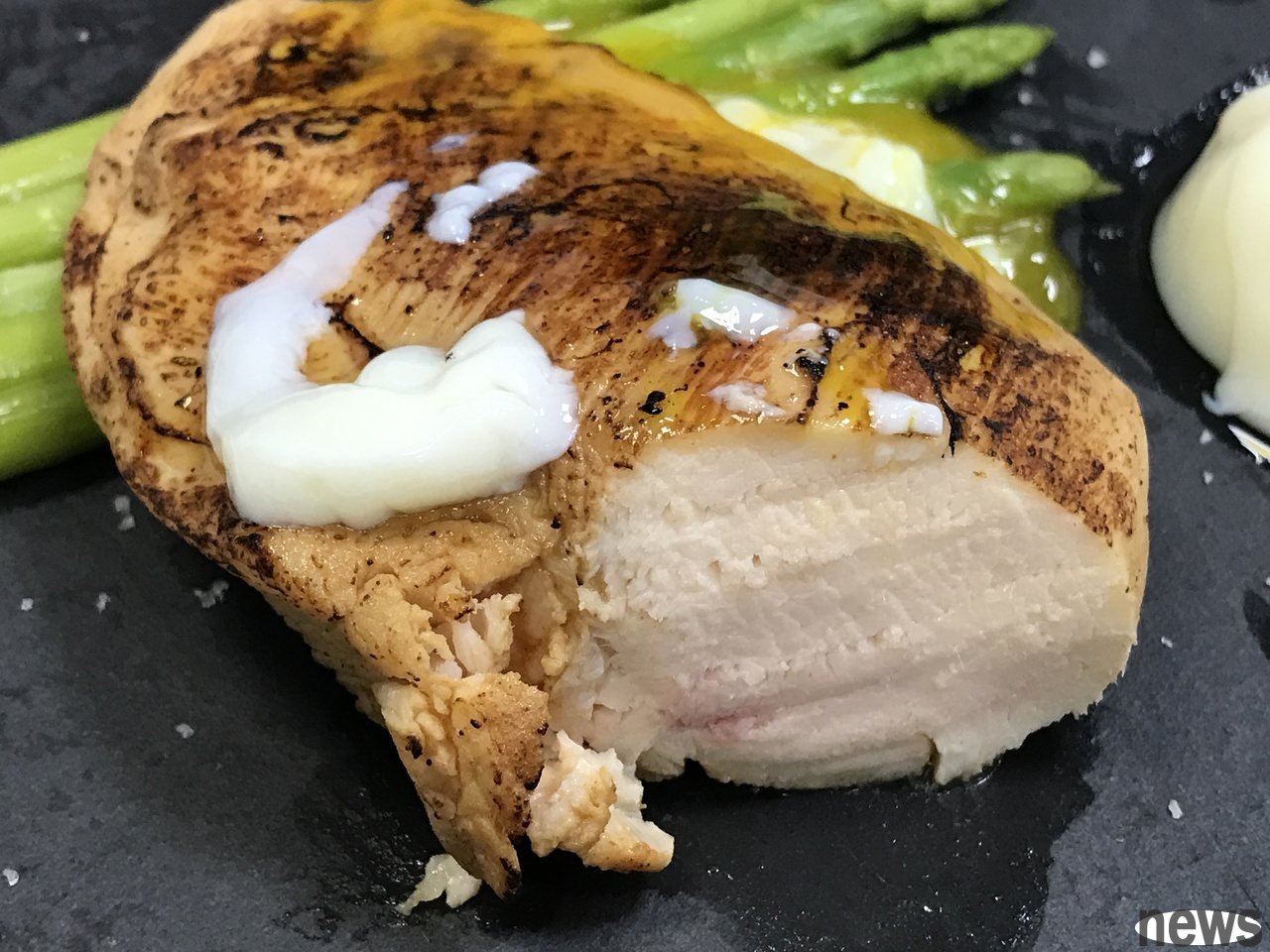In an era where the prices of everything are constantly rising, many people will find ways to reduce their dining expenses. But does cutting down on meal expenses and ingredient costs make you feel great pressure and even start to eat unhealthy? A J...

In an era where the prices of everything are constantly rising, many people will find ways to reduce their dining expenses. But does cutting down on meal expenses and ingredient costs make you feel great pressure and even start to eat unhealthy? A Japanese mother in her 50s, who calls herself a "lazy eco-friendly housewife," shared in the article five healthy eating habits that can easily save money and be kind to the earth.
1. Grow your own vegetablesEven if you don’t have a big yard or vegetable garden, you can grow some simple small vegetables at home. You only need to prepare flower pots and soil. Onions and perilla are especially recommended for being temperature-resistant and easy to grow.
{9 99}In addition to the higher price, the amount of vegetables purchased outside is also difficult to control. You often buy a large bag and let it turn yellow and deteriorate. However, if you grow vegetables yourself, you can achieve small and fresh vegetables, which also reduces the trouble of going out to purchase.
2. Research more chicken breast recipesChicken breast is cheaper, has low fat content and is rich in nutrients, but many people think it tastes dry. However, in fact, as long as the cooking method is adjusted, chicken breast can also be delicious.
For example, marinating it in mirin or salt koji, or coating it in potato starch before heating can make the chicken breast softer and more tender. It’s very convenient to search for recipes online these days. Try making a variety of creative chicken breast dishes to add more variety to your daily meals.

Supermarkets have a dazzling array of condiments, including Korean sauce, teriyaki sauce, sesame sauce, Italian spices, etc., which makes people unable to resist the urge to put them in the shopping basket to check out. However, many sauces are often forgotten in the refrigerator after being used only two or three times, and may have expired when taken out again.
If you don’t have a strong preference for food seasoning, it’s best to keep only a few basic seasonings at home, such as mirin, soy sauce, salt and sugar. You can make good use of natural ingredients to add flavor to your meals, such as lemon, grapefruit, herbs or onions and garlic, etc.
4. Reduce the discarded portion of foodOne of the principles of reducing waste is to make the best use of materials. Therefore, reducing the proportion of discarded food is the key to saving money.
You might as well try cooking carrots without peeling them. The stems of cauliflower can be eaten whole after removing the hard outer skin. In addition, don’t throw away the seeds of the pumpkin, because they are very nutritious. It is recommended to cook them with the pulp, or make them into spreads or baked snacks.
Although the bones of meat and fish are not edible, they can be stewed into a pot of delicious soup. The soft spines of small sardines can also be eaten after being processed and boiled until soft.
5. Purchase "NG vegetables"Many NG products are often offered at very favorable prices, and purchasing "non-standard specifications" vegetables can also help you save a lot of money.
Vegetables that are too large or too small, with uneven colors or irregular shapes may not look good, but you can’t tell the difference after cutting them, and as long as they are fresh, they taste good.
This type of NG vegetables can be seen in some farmers' associations, agricultural products markets or wholesale markets, and people can make use of them.